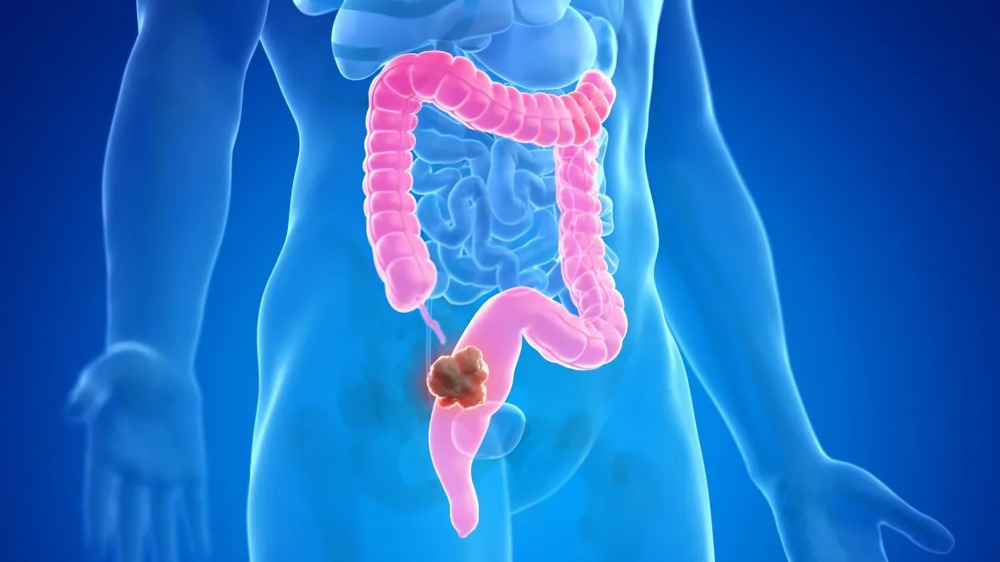
Colorectal cancer, a significant health concern affecting the colon and rectum, stands as one of the most common cancers worldwide. By understanding its symptoms, risk factors, and preventive measures, individuals can take proactive steps towards early detection and treatment. This comprehensive guide explores the essential aspects of colorectal cancer to promote awareness and encourage informed health decisions.
What is Colorectal Cancer?
Symptoms of Colorectal Cancer
Recognizing the symptoms of colorectal cancer is vital for early diagnosis and successful treatment. Common symptoms include:
1. Changes in Bowel Habits
- Persistent Diarrhea or Constipation: Sudden and lasting changes in bowel movements can be a warning sign.
- Narrow Stools: A noticeable narrowing of stools might indicate an obstruction in the colon.
2. Rectal Bleeding
- Blood in Stool: The presence of bright red or dark blood in the stool is a significant symptom that warrants immediate medical attention.
3. Abdominal Discomfort
- Cramping and Pain: Persistent abdominal pain, cramps, or bloating are common symptoms of colorectal cancer.
4. Unexplained Weight Loss
- Significant Weight Loss: Sudden, unexplained weight loss can be an indicator of various types of cancer, including colorectal cancer.
Risk Factors for Colorectal Cancer
Understanding the risk factors associated with colorectal cancer can help individuals assess their risk and take preventive measures.
1. Age
- Age 50 and Above: The risk of colorectal cancer increases significantly with age, particularly after the age of 50.
2. Family History
- Genetic Predisposition: A family history of colorectal cancer or polyps increases the risk, especially if a close relative was diagnosed before the age of 60.
3. Lifestyle Factors
- Diet and Exercise: A diet high in red and processed meats, a sedentary lifestyle, obesity, smoking, and heavy alcohol use can elevate the risk.
4. Medical Conditions
- Chronic Inflammatory Diseases: Conditions like inflammatory bowel disease (IBD), including Crohn’s disease and ulcerative colitis, increase the risk of developing colorectal cancer.
Preventive Measures
Adopting specific lifestyle changes and undergoing regular screenings can significantly reduce the risk of colorectal cancer.
1. Regular Screenings
- Colonoscopy: This procedure enables doctors to identify and remove polyps before they have the chance to become cancerous.
- Stool Tests: Tests like the fecal immunochemical test (FIT) can detect hidden blood in the stool, a possible sign of cancer.
2. Healthy Diet
- Fiber-Rich Foods: A diet high in fruits, vegetables, and whole grains can help lower the risk.
- Limit Red Meat: Reducing the intake of red and processed meats can contribute to a lower risk.
3. Physical Activity
- Regular Exercise: Engaging in regular physical activity helps maintain a healthy weight and reduces the risk of colorectal cancer.
4. Avoiding Tobacco and Excessive Alcohol
- Quitting smoking reduces the risk of several cancers, including colorectal cancer.
- Moderate Alcohol Consumption: Limiting alcohol intake can also contribute to a reduced risk.
Treatment Options
Early detection of colorectal cancer often leads to more effective treatment. Available treatment options include:
1. Surgery
- Polyp Removal: Early-stage cancers confined to polyps can be removed during a colonoscopy.
- Colectomy: For advanced cancers, colectomy, which involves the surgical removal of part or all of the colon, may be required.
2. Chemotherapy and Radiation
- Chemotherapy: Chemotherapy involves the use of drugs to kill cancer cells and is frequently administered post-surgery to eradicate residual cancer.
- Radiation Therapy: Uses high-energy rays to target and kill cancer cells, typically used for rectal cancer.
3. Targeted Therapy
- Monoclonal Antibodies: These drugs specifically target cancer cells without affecting normal cells, offering a more focused treatment approach.
Living with Colorectal Cancer
Living with colorectal cancer can be challenging, but support and resources are available to help patients and their families navigate this journey.
1. Support Systems
- Patient Support Groups: Connecting with others who have similar experiences can provide emotional support and practical advice.
- Counseling Services: Professional counseling can help patients cope with the emotional aspects of cancer diagnosis and treatment.
2. Lifestyle Adjustments
- Diet and Nutrition: Following a balanced diet tailored to individual needs can help maintain strength and overall well-being.
- Physical Activity: Gentle exercise, as advised by healthcare providers, can improve physical health and mental well-being.
3. Ongoing Medical Care
- Regular Check-Ups: Continuous monitoring and follow-up care are crucial for managing health post-treatment.
- Medication Management: Adhering to prescribed medication schedules and being aware of potential side effects is essential.
Conclusion
Colorectal cancer is a serious but often preventable and treatable disease. Awareness of its symptoms, risk factors, and preventive measures is key to early detection and successful treatment. Regular screenings, a healthy diet, regular exercise, and avoiding harmful habits like smoking and excessive alcohol consumption can significantly reduce the risk of developing colorectal cancer. For more detailed information on colorectal cancer and other health-related topics, visit Americana Pulse.
For more information, you can visit the World Health Organization’s fact sheet on colorectal cancer here.
